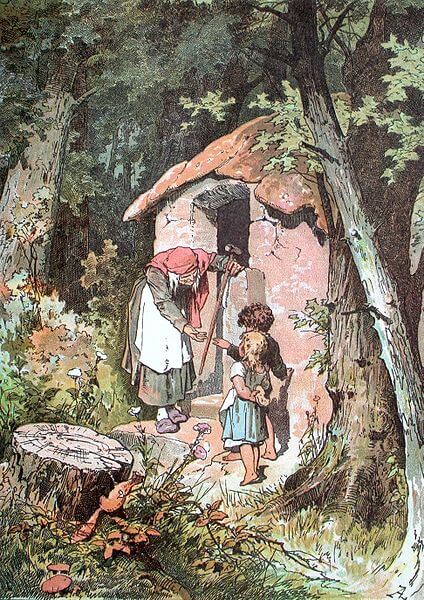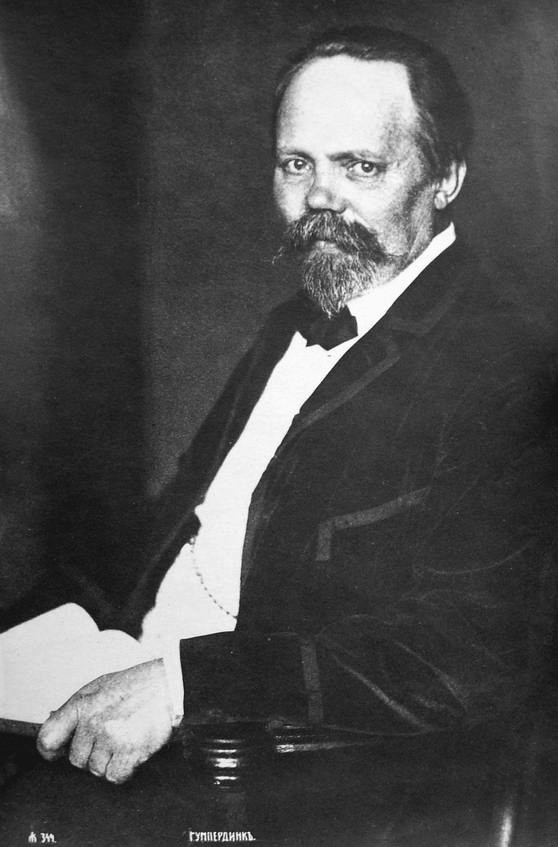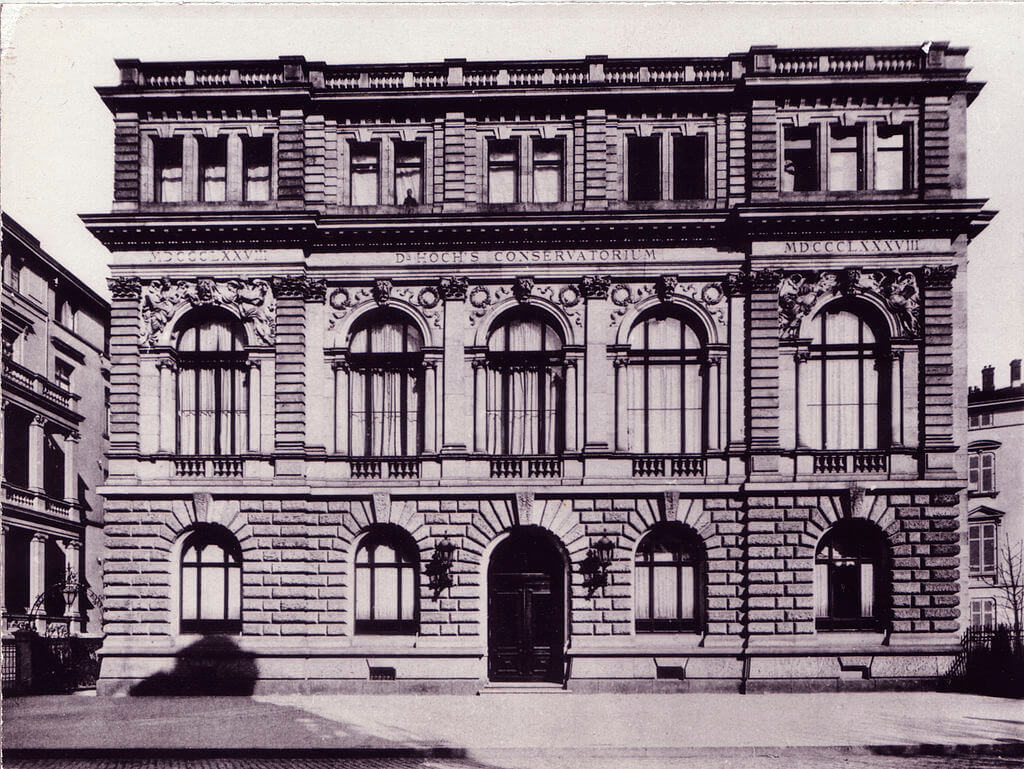 Opera and Ballet
Stories in Music
Opera and Ballet
Stories in Music


 Opera and Ballet
Stories in Music
Opera and Ballet
Stories in Music

Study the musical selection for one week.
Over the week:



Activity 1: Recite the Opera Information
Activity 2: Recite the Dramatis Personae
Read aloud the Dramatis Personae.
Activity 3: Listen to the Opera While Reading the Text
Activity 4: Narrate the Lesson
Activity 5: Interpret a Quote Regarding Opera [2]
Regarding opera, early composer Christoph Willibald Gluck wrote:
With the help of your instructor, deconstruct the quote and describe in your own words what you think Gluck meant.